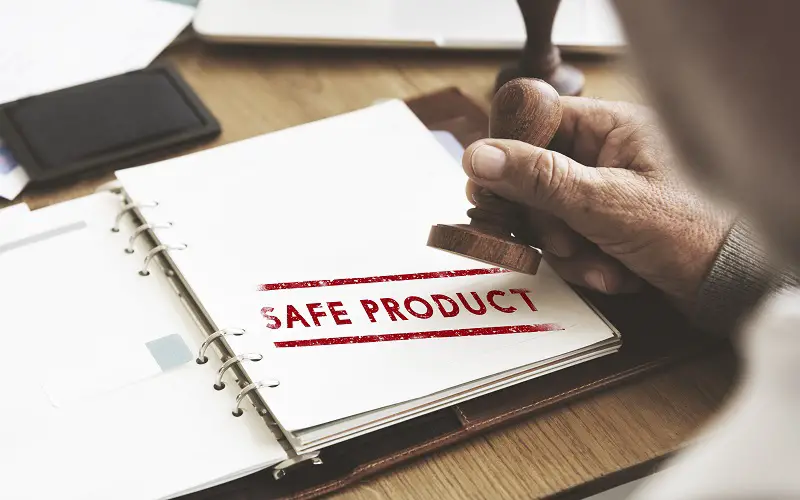Like many others, you may be considering a career in QA. It’s a great choice – QA is an essential part of any organization and can be very rewarding. But there are a few things you should know before making the switch. Here are 10 tips to set you on the right path.
But before we start listing the 10 most important things to keep in mind as a beginner QA engineer, let’s quickly go through some definitions.
What Is QA and Who Is a QA Specialist?
Quality assurance (QA) is the practice of making sure that products and services comply with certain standards. It includes tasks like testing, inspecting, and analyzing to ensure that everything meets the requirements.
A QA specialist is someone who carries out quality assurance activities. They are responsible for making sure that products and services are up to the required standards.
What Does a QA Engineer Do?
A QA engineer is responsible for ensuring the quality of a product or service. They carry out various activities such as testing, inspecting, and analyzing to make sure that everything meets the required standards.
10 Things to Keep In Mind As a Newly Starting QA Specialist
1. QA is critical to any organization
Quality assurance is an essential part of any organization. Without QA, products and services would be released with defects that could potentially damage the company’s reputation or worse, cost them customers. As a QA engineer, you will be responsible for ensuring that everything meets the required quality standards.
2. QA is a process, not a person
Too often, people think of QA as a job title or position, but it is actually a process. The role of the QA engineer is to ensure that the product is of good quality and meets the requirements set out by the company.
3. Quality is subjective
One of the hardest things about quality assurance is that quality is subjective. What one person considers to be high quality may not be considered as such by someone else. As a QA engineer, it’s important to understand this and be able to defend your decisions.
4. There is more to QA than just testing
While testing is an important part of QA, it’s not the only thing you will do in this role. As a QA engineer, you will also be responsible for designing and executing tests, reporting defects, and collaborating with other team members.
5. You need strong analytical skills
As a QA engineer, you will need to be able to analyze data and find patterns in order to identify defects. This requires strong analytical skills and the ability to think critically.
6. You need good problem-solving skills
Not only do you need strong analytical skills, but you also need good problem-solving skills. When something goes wrong – which it will – you need to be able to identify the root cause and come up with a solution quickly.
7. Communication is key
Good communication is essential in any team environment, and this is especially true for QA engineers. As a member of the QA team, you will need to be able to communicate effectively with other team members, as well as stakeholders and clients.
8. You need to be detail-oriented
In order to find and report defects effectively, you need to be detail-oriented. This means paying close attention to all aspects of the product and looking for anything that doesn’t meet the required standard.
9. You need patience and persistence
Finding and reporting defects can be frustrating at times, but it’s important to remain patient and persistent. It’s also important to remember that not every defect will be found – and that’s okay.
10. You need to be able to take constructive feedback
When you report a defect, it’s likely that you will receive feedback from other team members. This feedback is essential in order to improve the quality of the product. However, it’s important to be able to take this feedback constructively and use it to improve your own work.
If you’re thinking of making the switch to QA, then these are 10 things you need to know. Keep these tips in mind and you’ll be well on your way to a successful career in quality assurance.




